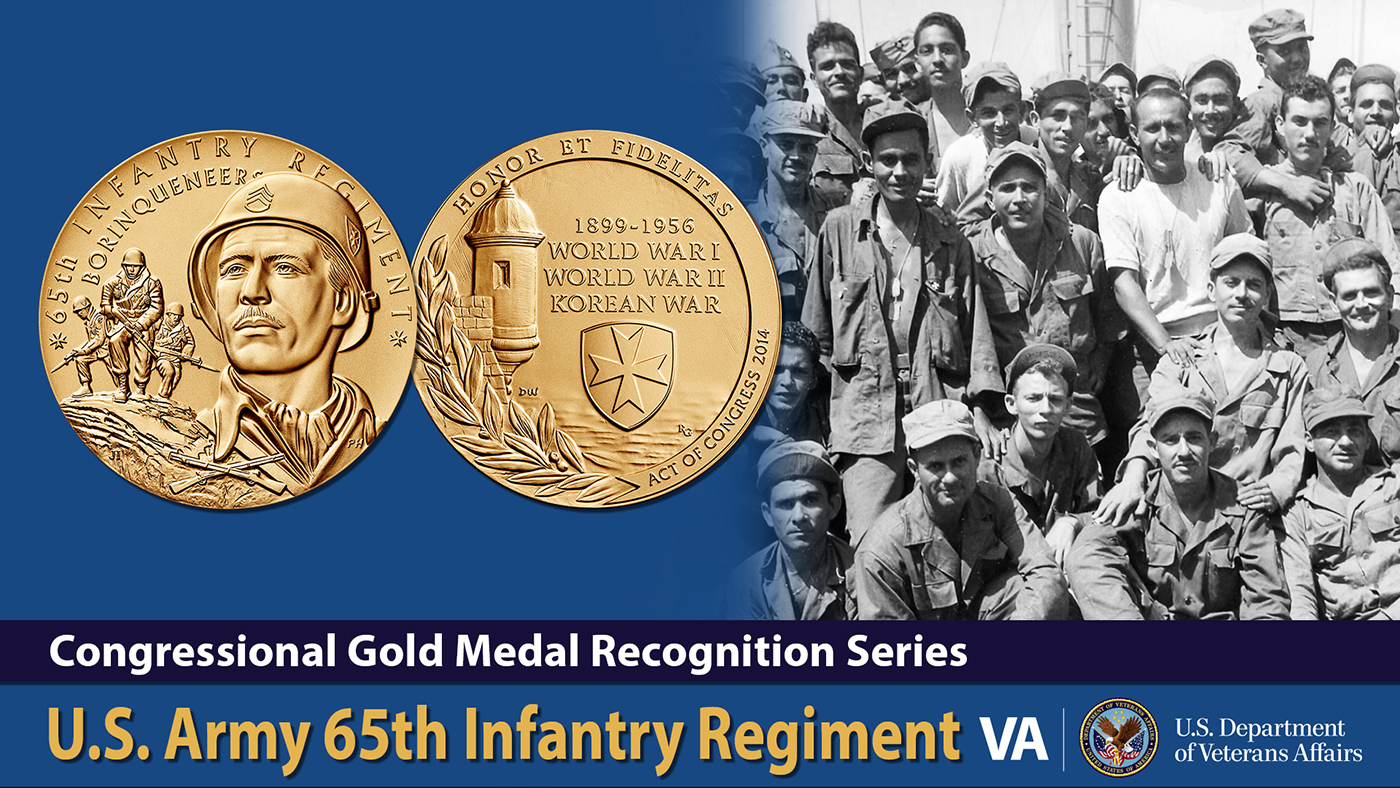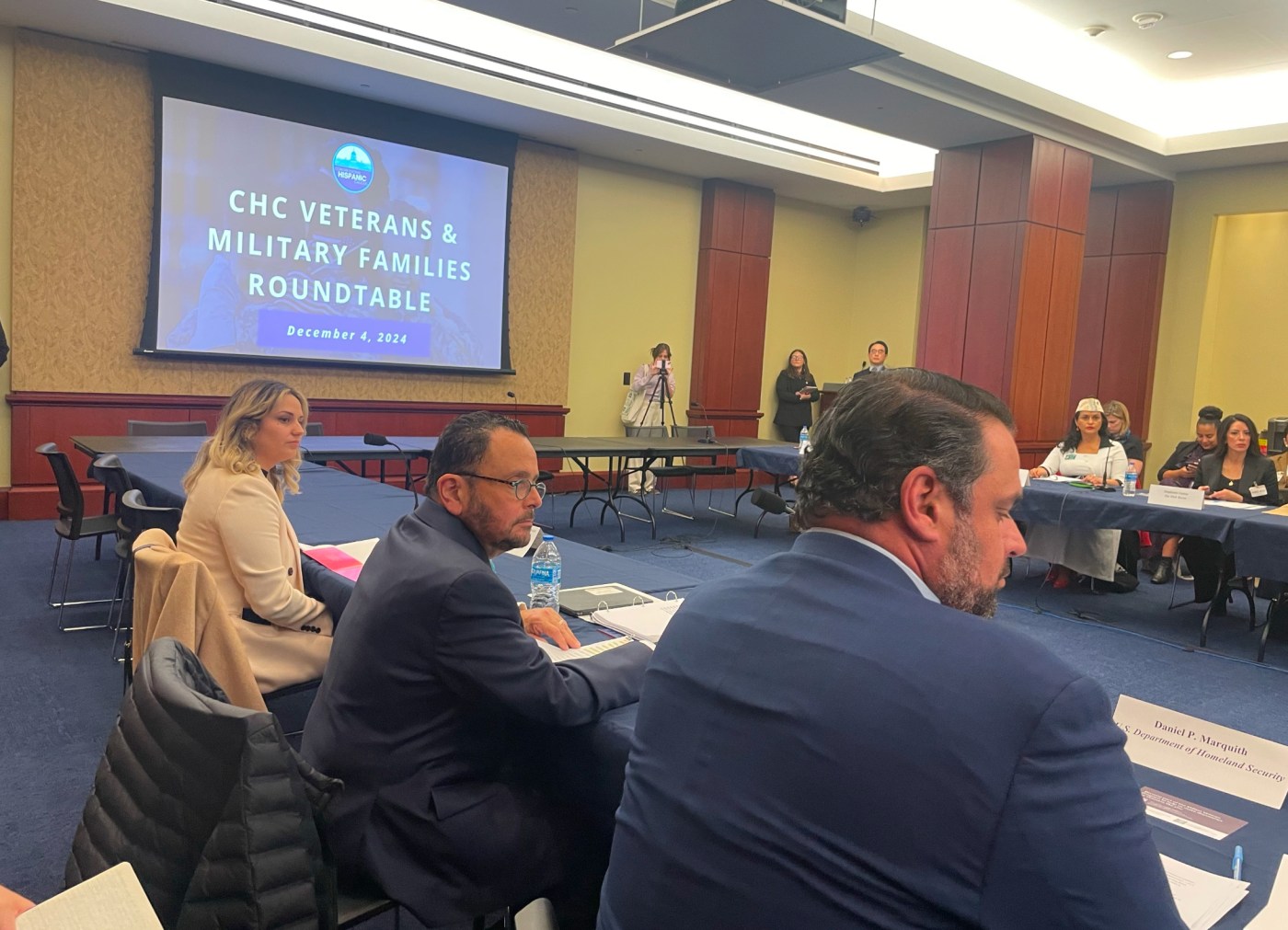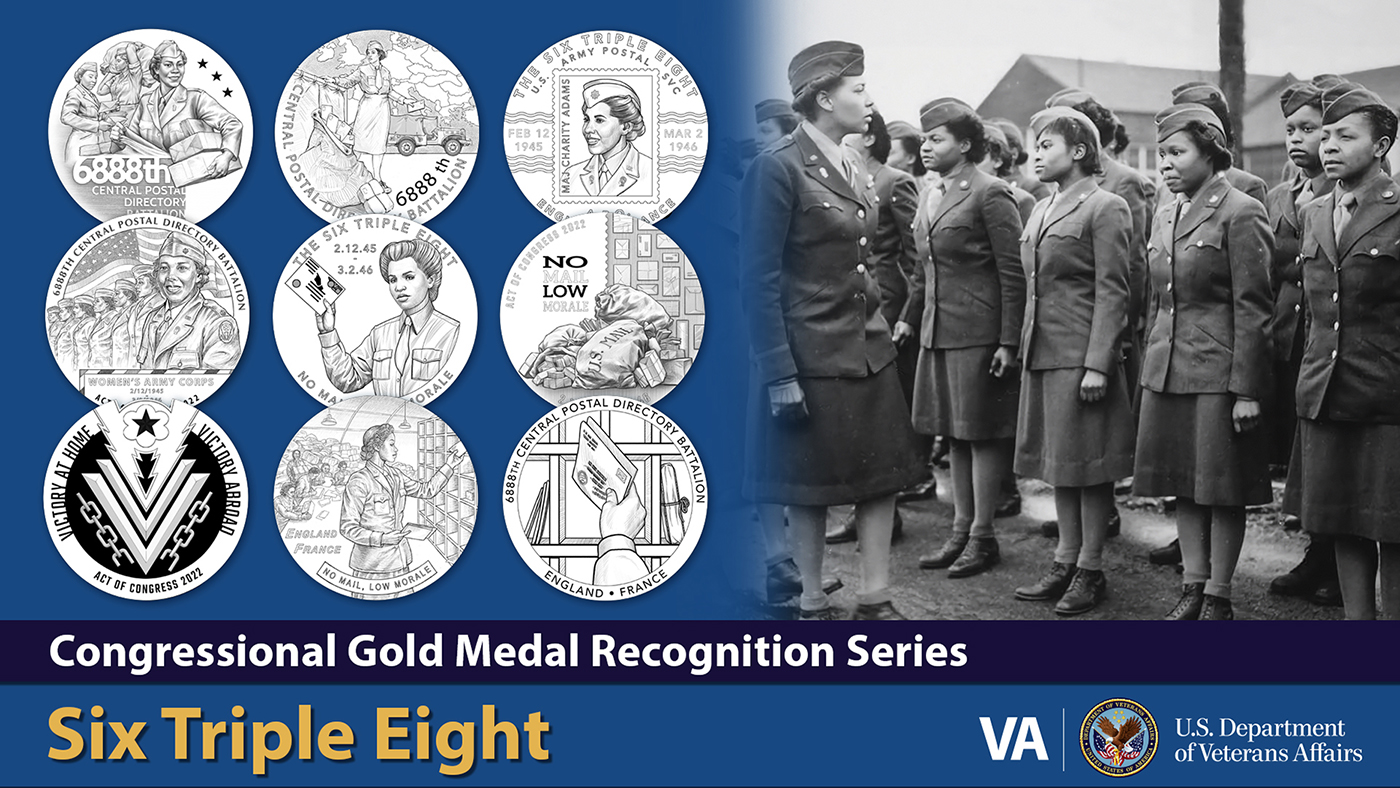The Borinqueneers, established in 1899, were part of the 65th Infantry Regiment, a crucial unit in major conflicts throughout the 20th century. The regiment was composed primarily of Puerto Rican soldiers who distinguished themselves through exemplary service in World War I, World War II, and, most notably, the Korean War.
The name “Borinqueneers,” derived from “Borikén,” the indigenous Taíno name for Puerto Rico, symbolizes their deep-rooted connection to the island. For September, we delve into who the Borinqueneers were and why their legacy warranted such a prestigious accolade.
During the Korean War, the 65th Infantry Regiment participated in critical battles, including the Battle of Inchon and the Battle of Chosin Reservoir. Despite facing harsh conditions and overwhelming odds, the Borinqueneers displayed unwavering courage and determination, earning numerous commendations for their bravery. However, their path was not met without obstacle. They often faced discrimination and prejudice, both within the military and in broader society. Language barriers, cultural differences and systemic racism presented significant challenges. Despite these adversities, the Borinqueneers remained steadfast, determined to prove their capabilities and dedication to the United States.
The recognition of the Borinqueneers with the Congressional Gold Medal was a long-overdue acknowledgment of their sacrifices and achievements. The medal is awarded to individuals or groups who have significantly contributed to American history and culture. In the case of the Borinqueneers, it was a tribute to their heroism, resilience and their unique role in shaping military history. The campaign to honor the Borinqueneers with the Congressional Gold Medal was driven by Veterans, community leaders and advocates who recognized the importance of their legacy. The movement gained momentum over the years, culminating in President Barack Obama signing the bill into law on June 10, 2014. The formal ceremony took place on April 13, 2016, in the U.S. Capitol, where surviving members of the regiment, their families and supporters gathered to celebrate this historic moment.
The Borinqueneers’ story is a testament to the power of perseverance and the enduring spirit of service. Their contributions have left an indelible mark on U.S. military history, and their recognition with the Congressional Gold Medal reminds them of the importance of honoring those who have fought for freedom and justice. As we reflect on their legacy, we are reminded of the countless sacrifices made by soldiers from diverse backgrounds who have come together to pursue a common cause.
Topics in this story
More Stories
VA joined the Congressional Hispanic Caucus at a roundtable event to discuss the challenges faced by Hispanic Veterans and military families.
Transgender Day of Remembrance is observed annually on Nov. 20 to honor the memory of transgender individuals whose lives have been lost to anti-transgender violence. It is a solemn occasion that not only commemorates those who have died, but also raises awareness about the ongoing challenges faced by the transgender and gender-diverse community.
The 6888th Central Postal Directory Battalion was awarded the Congressional Gold Medal in 2022, the highest civilian honor bestowed by the United States Congress. This prestigious award recognized the unit's outstanding service and the lasting impact it had on the military and society as a whole.







Not that this is a source of pride, but my uncle and name sake, Pablo Antonio De Jesus, was one (I was told) of the first to die in Viet Nam as part of the 65th Infantry unit when a grenade was thrown onto the bunker he and his teammates were in and he allegedly jumped on the grenade. The story inspired me to join the military, though I joined the Navy and served honorably from 1980 to 2018 (38 years).
Service members from Puerto Rico ( mainly U.S. Army soldiers, but also including Marines, Sailors, and Airmen}, were among the highest casualty groups during the Vietnam War. They also had the highest percentage of M.I.A. Many enlisted, following in the tradition of the Borinqueneers. I honor their sacrifice and service to our country.
True heroes shameful it took that long for them to be recognized unbelievable!!!!